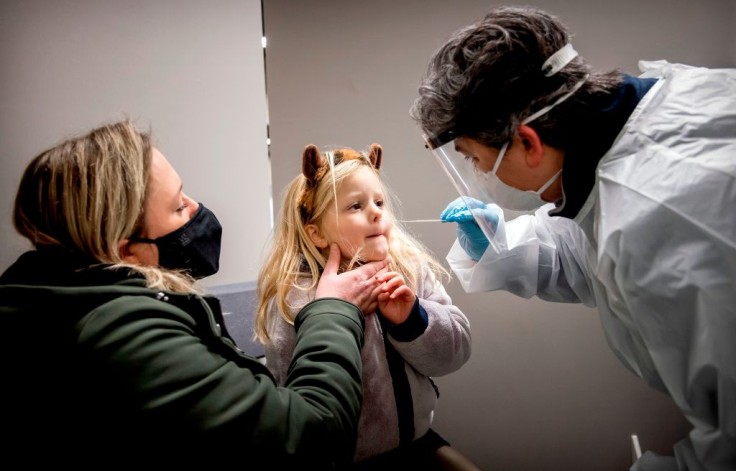
When schools reopen this fall, the children will not just deal with the risks of coronavirus transmissions as they could also acquire the common colds from each other. To ensure their health and safety, doctors have shared some tips on how to tell if the child has a COVID-19 infection or the colds.
COVID-19 vs Colds
According to Dr. Leana Wen, the coronavirus and the common cold share some of the same symptoms like sore throat, headache, cough, and fatigue. However, the common cold symptoms usually last seven to 10 days for kids with better immunities. On the other hand, COVID-19 symptoms may progress over the course of days though most children will have milder manifestations.
A COVID-19 cough is usually drier compared to a cough coupled with common colds. Coronavirus patients may also lose their sense of taste and smell before their nasal passageway becomes congested. Some have experienced diarrhea or vomiting, which aren't symptoms of the common cold.
Dr. Wen encouraged parents not to let their children go to school if they are not feeling well or manifesting any symptoms. As much as possible, the doctor also said that parents should get their child tested for COVID-19 at their county health department's testing sites to get a proper diagnosis.
Unless it's requested by the pediatrician, parents should also avoid bringing their kids to the doctor's clinic for cases with mild symptoms since they could transmit the virus to the other patients.
Common Colds Facts
The Centers for Disease Control and Prevention (CDC) said that adults usually acquire the common colds two to three times a year while children fall ill to this virus more times because of their interaction with other kids.
To protect against the common colds, children should be taught to frequently wash their hands with soap and water or use an alcohol-based sanitizer. They must also avoid touching their nose, eyes, and mouth if they haven't washed or sanitized their hands. If someone in class is sneezing or coughing, parents must tell their children to distance themselves and avoid hugging and shaking hands in the meantime.
There is no medicine for the common cold, but doctors may prescribe over-the-counter treatments to manage the symptoms. With a lot of rest and liquids, a child should feel better in no time.
COVID-19 Facts for Kids
COVID-19 transfers from one person to the other through little tiny droplets when a sick person sneezes or coughs. Some coronavirus patients do not show any symptoms, but the droplets can still infect someone. Hence, people are told to protect themselves by wearing a face mask.
In addition to the face mask, COVID-19 vaccines are also available as another layer of protection from infection for people above 12 years old. Meanwhile, scientists are still studying the effectiveness and safety of vaccines for those below 11 years old.
Doctors expect mild symptoms for children who have the coronavirus, but they should stay in bed and quarantine to prevent spreading the disease to the rest of the household. When the population has over 85 percent of the people fully vaccinated, the experts expect COVID-19 cases to drop drastically.